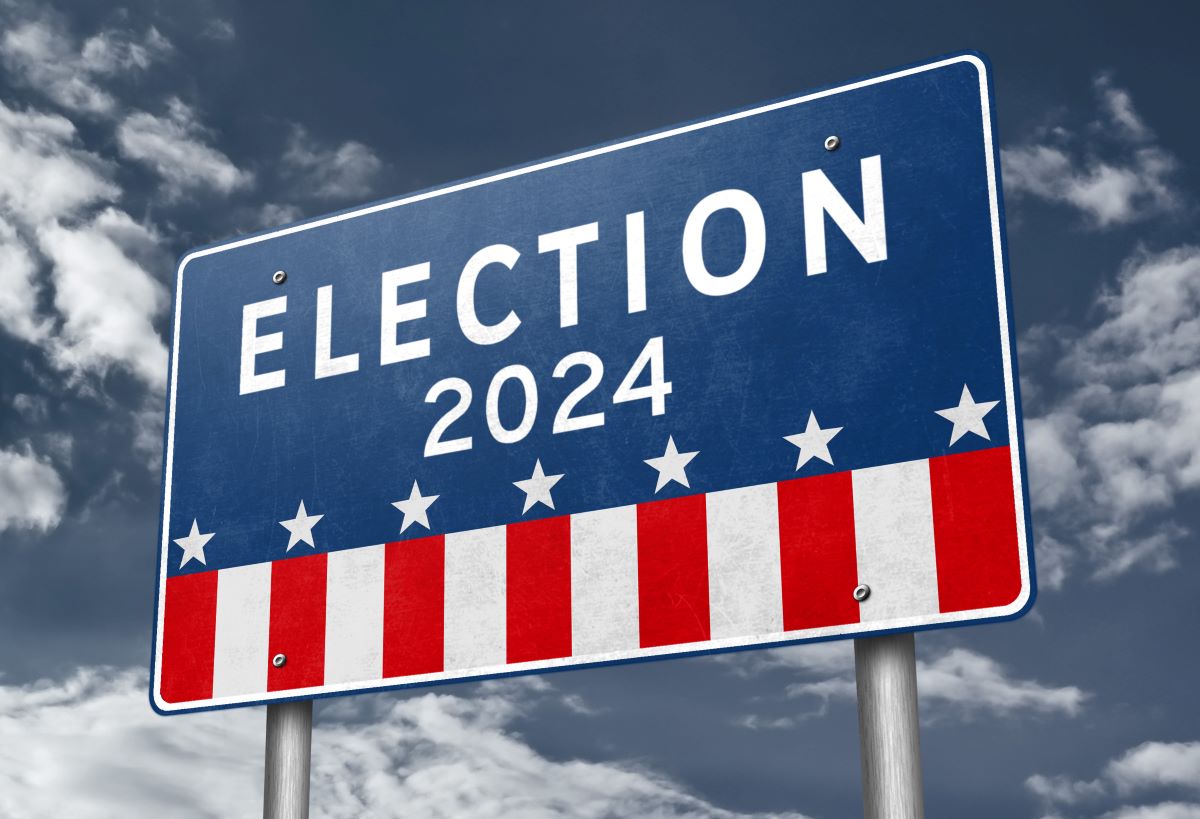The Supreme Court’s June ruling in Mahanoy Area School District v. B.L. has sowed uncertainty among local educational agencies across the country grappling with how to best handle student behavior off-campus.
A Sept. 30 webinar hosted by the National School Boards Association and the National Association of Secondary School Principals — “Blurred Lines: A New View of Student Off-Campus Speech” — sought to provide guidance to help LEAs answer questions, such as “what does this mean for student discipline polices?” And “can schools still require extra-curricular behavior contracts?”
Extracurricular codes of conduct can and will continue to exist, explained Joy Surratt Baskin, director of Legal Services for the Texas Association of School Boards, but they should be reviewed for consistency across activities, as well as clarity.
“In a lot of districts these codes or constitutions are created by the sponsors or coaches themselves and there’s been really light oversight,” Baskin said. “There are some legal expectations that are worth considering as you review the codes. Another thing to look for is the clarity of what’s prohibited. Most of these codes begin with some language that we could all agree with about the importance of teamwork and the importance of being a good role model — and those are perfectly fine observations — but if you’re really talking about something where you’re going to bench somebody or you’re going to kick them off the team or even have school discipline for what they’ve done, I think you need to be more specific about what conduct … would trigger a disciplinary response.”
The case
At issue for the Pennsylvania-based Mahanoy Area School District was a self-deleting Snapchat photo sent by the student, identified as B. L., in which she vented about not making the varsity cheerleading squad at her high school by posting a photo of herself and her friend, with their middle fingers raised, accompanied by a caption reading, “F**k school f**k softball f**k cheer f**k everything,” to about 250 friends on a Saturday while off campus. Upon seeing a screenshot of the message, coaches suspended B. L. from the cheerleading team for the upcoming season, citing a violation of team rules, and the school board upheld the decision.
In an 8-1 decision, the Court held that while public schools may regulate off-campus student speech under certain circumstances, the school in this case violated student B. L.’s First Amendment rights when it suspended her from the junior varsity cheerleading squad for her profanity-laced off-campus Snapchat post. (CSBA’s Legal Department will provide an in-depth look at the Court’s decision in the fall 2021 issue of California Schools magazine.)
Though the Court’s decision found that the school violated B. L.’s First Amendment rights, it also made clear that schools can regulate student speech that occurs off campus under certain circumstances, like serious targeted bullying and harassment, threats against staff or other students, hacking, cheating on tests and participation in online school activities.
NSBA Chief Legal Officer Francisco M. Negron Jr. said the case was a very important one around school speech “because now there’s clarification for what we can’t do, what we can do, and more importantly, when and how.”
Making a case for teachable moments
Bill Ziegler, principal of Pottsgrove High School in Pennsylvania and member of the National Association of Secondary School Principals board, agreed that while the Court’s decision may have muddied the waters to an extent, it ultimately upheld that schools have the right to intervene in the matter of safety.
In fact, there’s a greater role now for schools than ever before to embrace restorative practices and work alongside parents and students to find a compromise to situations like the one in Mahanoy, he said.
Kids, teens in particular, are going to vent or act out in frustration, Ziegler said, and such instances can be used as a teachable moment to empower students, rather than a disciplinary moment.
“We have to provide an education. We need to use this as a teachable moment to talk to [students] about what we can do, what we can’t do, and also how we treat people,” Ziegler said. “School leaders around the nation should really begin to look at more of a restorative mindset, and to really engage in teachable moments with students and to begin to have that conversation.”





